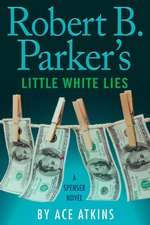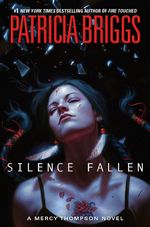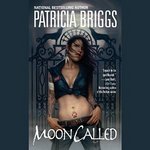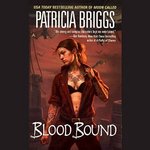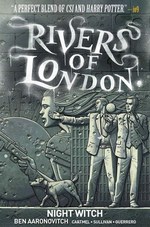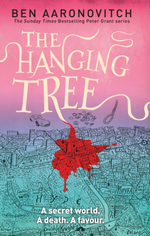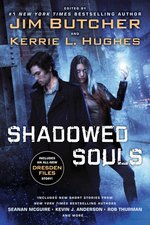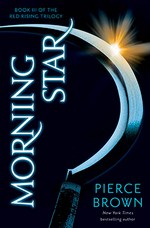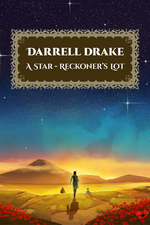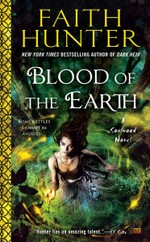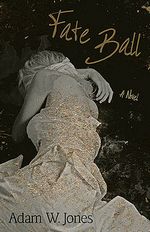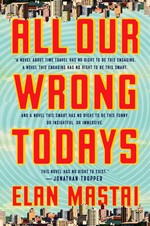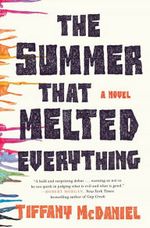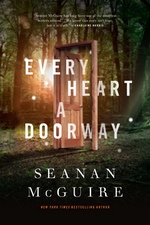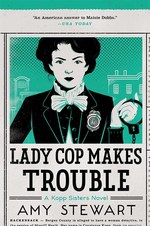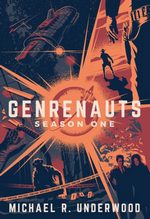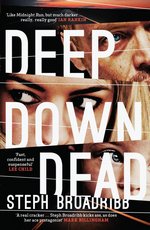 Deep Down Dead
Deep Down Dead
by Steph Broadribb
Series: Lori Anderson, #1eARC, 350 pg.
Orenda Books, 2017
Read: April 4 – 5, 2017

Crime Fiction blogger turned novelist, Steph Broadribb’s debut novel, Deep Down Dead is the story of a bail enforcement agent (bounty hunter) making a pickup that will change her life in a fairly dramatic way. Lori Anderson couldn’t be in worse financial straits — her daughter’s medical bills from Leukemia (currently in remission) treatment are so far past due that future treatment is in jeopardy, and they’re about to get evicted from their home. So when the bondsman she works for offers her the largest amount she’s ever been offered for a job, she has to jump at it.
It’s supposed to be a simple midnight run, go pick up the fugitive from another agent not licensed in Florida (or he’d drop off the fugitive himself) and deliver him to the police herself. Almost immediately, problems start (none that deter Lori from the cash reward waiting) — her sitter has plans, so she has to take her daughter, Dakota, with her. Secondly, the fugitive in question is her former mentor, JT — the one who taught her everything she knows, who’s inexplicably got a criminal record now. Then when she arrives at the pickup, the agent she expects isn’t there — instead three very aggressive ruffians (best word I can think of) are there and decide to rough her up a little.
Things really go downhill from there — before Lori knows it, she’s got bigger problems than getting her money. She has to deal with a criminal enterprise running from one of the state’s largest amusement parks; a mob with a long-standing grudge; corrupt law enforcement officials; and being a suspect in violent crimes. This is intertwined with the story of Lori and JT’s past association, how he saved her life and set her on the path that she’s on now.
By the time I got to a whopping 12% my notes started using the word “brutal.” This was like if Pierce Brown took a crack at writing Stephanie Plum. Most of the time the violence (gun play or hand-to-hand) was brtual, but not overwhelming — just heightened enough to fit a crime novel.
You like Laurie almost instantly, Dakota will charm you and grab your heart, and you’ll even appreciate JT (maybe more . . . ) and his crusade — at the very least, you’ll get the connection between he and Laurie. The villains are evil, no two ways about it — but not in the mustache-twirling way, just in the kind of evil that we like to pretend doesn’t exist in this world.
It’s not just in her characterization, but it’s in her plotting, pacing and interweaving the stories of present and past that Broadribb displays more skill than your typical debut novelist. This lived up to every expectation I had from the interviews, reviews, etc. that I’ve heard and read, which was a relief. I sorta feel like I’ve been giving too many 4 Stars lately, like I’ve been overly generous, so I tried to rate this lower. But I just can’t — this is a 4 Star book, easy — and with a little more experience under her belt, Broadribb (and Anderson) will be knocking out 5 Star reads regularly. I can’t wait to see what’s next.
Disclaimer: I received this eARC from Trafalgar Square Publishing via NetGalley in exchange for this post — thanks to both for this entertaining and almost traumatic experience.
—–



